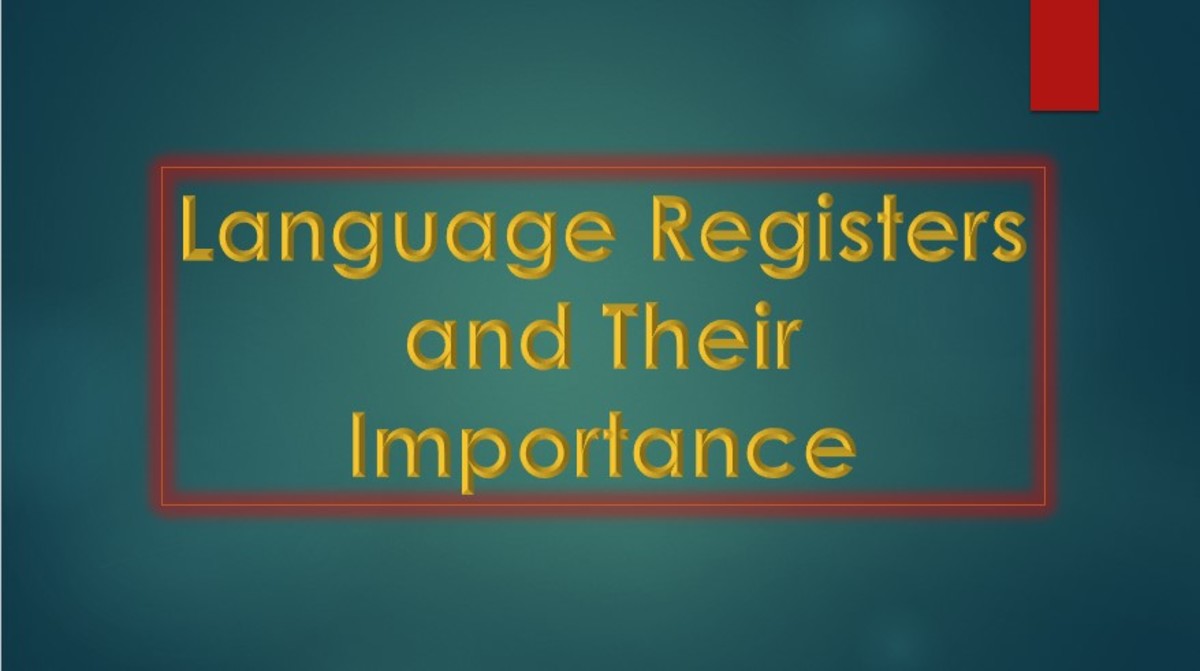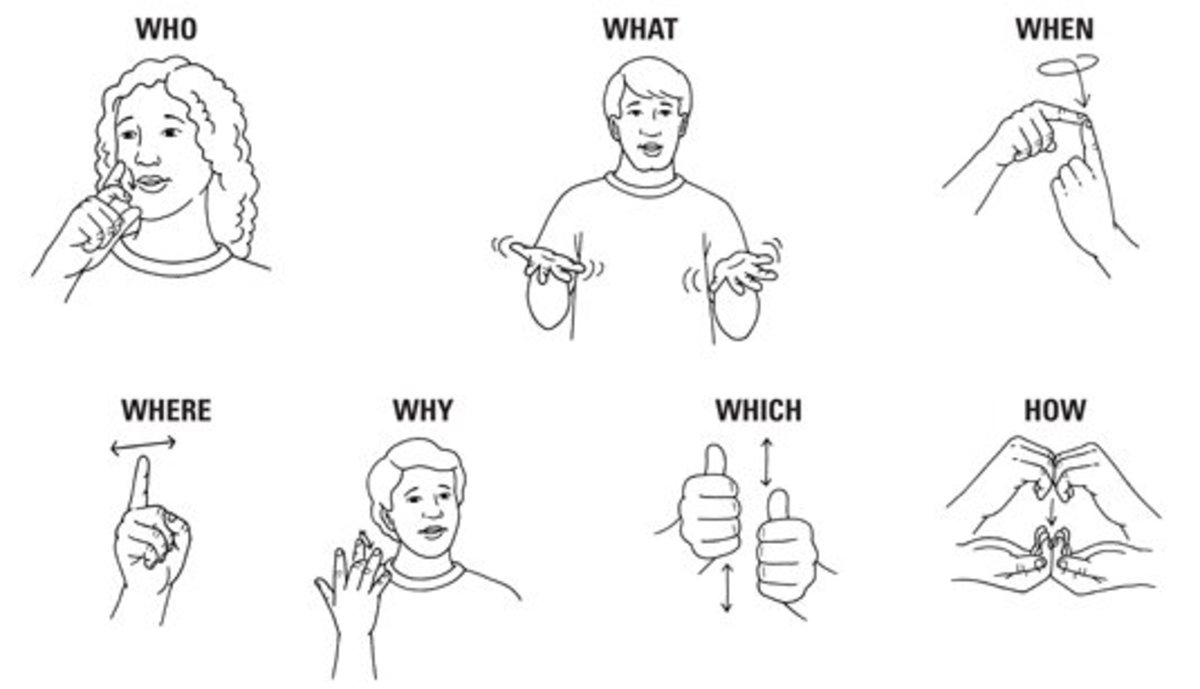Grammar Is Not the Great Equalizer

Lisa Delpit's Other People's Children: Cultural Conflict in the Classroom
At less than $11 (used), this book may have been the least expensive textbook I've ever purchased for a class. I recommend this book to anyone who will be teaching English, especially at the elementary level. I found this book to offer a number of practical theories and concepts. The biggest takeaway is not to stereotype. Yes, that's something we all should know and avoid; but in their desire to help students, teachers can fall into a stereotyping pattern if not careful.
The main question the book addresses is whether we can expect a standard performance from all students. In the rosiest of pictures, that answer is an easy, "Sure!" However, real life dictates something different. No matter how much we standardize learning, particularly language, we cannot standardize the home environment or values for each and every student. It is a good lesson to learn before entering a classroom to teach for the first time.
Is there equality in language?
I picked up Lisa Delpit’s Other People's Children: Cultural Conflict in the Classroom thinking of grammar as the great equalizer, the one thing that we are all taught the same way with the same educational expectations. Throughout my years as a student, even as a very young one, it was evident that some people clearly did not care about properly using the English language. They still said that they “brung” their lunch or that they “done did” their homework. It just made sense to me that these were choices my fellow classmates were making.
Don't overlook the importance of environment
Despite later studying race relations and the impact of social class on education, it just never occurred to me that this grammar disparity was not a choice. Delpit changed my mind by pointing out that not all students come to the classroom with the same opportunities. Without encouraging support at home and a family network that also reinforces grammar, students will not be compelled to put their knowledge to use.
I knew poor grammar could indicate a lot of things. In my own region, grammar disparity seemed proportionally related to income. Of course, money can't buy you grammar; it can, however, reflect the individual's value set.
Delpit’s book helped me realize that while I should keep in mind that not all students arrive with the same support system, they can be expected to meet some basic requirements that are well-outlined. As Delpit says, the rules of the culture of power lie within the hands of those with power; those with power must tell others the rules (25). To help students find success, I must clearly outline my expectations, give them examples, and provide consistent help to them.
Helping students find success in writing
Incorporating the ideas of peer workshops, as discussed in Engaging Ideas by John C. Bean, is a way that students can support each other in previewing and proofreading papers. Delpit also discusses the importance of avoiding stereotyping students. It is important for the instructor to avoid stereotypes so students will follow that example. Despite the usual commonality of regional culture, everyone has different situations that create their own individual culture. Many things contribute to a student’s culture, including the importance family places on education, employment obligations, work ethic, etc. These factors also impact the power of codes or rules of participation (25). Delpit reminds instructors that they have no real way of knowing exactly where a student falls within cultural rules.
Avoid student stereotyping
Not knowing where a student falls within cultural rules may set up the instructor to stereotype. Stereotyping, however, must be avoided. While most teachers would never intentionally stereotype, they should all recognize the magnitude of the consequences if they accidentally allow it to occur. Delpit’s Rule 5 stresses the importance of an instructor recognizing his/her power. This may be the most important because it attempts to establish a self-enforced balance of power. An instructor’s refusal to recognize this power may mean that stereotyping occurs freely.
Sources
Other People's Children: Cultural Conflict in the Classroom by Lisa Delpit
Engaging Ideas: The Professor's Guide to Integrating Writing, Critical Thinking, and Active Learning in the Classroom, 2nd Edition by John C. Bean.

© 2019 Ronna Pennington








